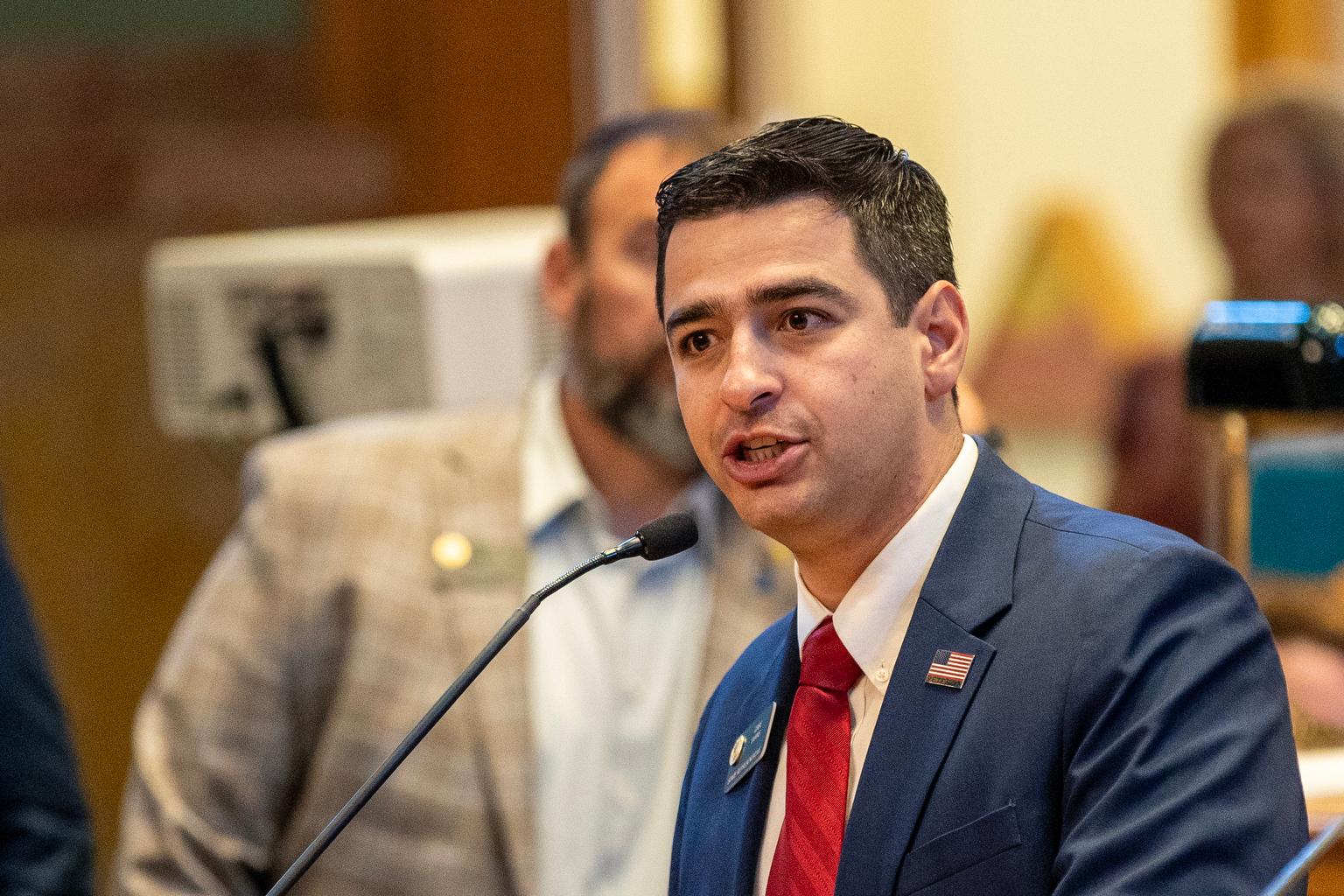According to a 2019 report by the United States Department of Agriculture, there are more than 69,000 agricultural producers in Colorado. The state's stay-at-home order deemed agriculture an essential business, but many farmers are contending with a radically shifting market.
Jordan Beezley, the policy advisor and legislative liaison for the Colorado Department of Agriculture, said the closures due to the stay-at-home order have affected the way farmers and ranchers operate.
"This crisis has upended business as we know it, and farmers are no exception to this," said Beezley.
He said many farmers have had to find new buyers for products as the market has shifted from wholesale to a larger focus on groceries. Another concern is maintaining social distancing, said Beezley, in addition to overall workforce health as producers head into the growing season.
Adrian Card, the extension agent with Colorado State University in Boulder County, said the timing of the pandemic couldn't be more challenging for farmers.
"There's a never-ending series of hurdles that farms have to work through, and they simply don't need something like this at the beginning of the growing season," said Card. "Anything we can do to support them financially, community-wise, emotionally, is extremely beneficial to them."
Both Card and Beezley said supporting local Colorado farmers and ranchers is not only beneficial to individuals, but to the overall economic health of the state.
"In many parts of rural Colorado, it is a major, if not the major, economic driver in some counties," said Card. "It's very important to the state's economy. I think it's very important to many of the cultural identities of various communities in the state."
Some farmers have started selling products digitally, and Beezley said buying their products both online and in stores is one way to support farmers during the pandemic.
Another way Card is supporting farmers is by putting together resources to address workforce health practices and strengthen mental health resilience in light of the pandemic. Card said he is creating webinars farmers can access to help address these issues.
The Colorado Department of Agriculture is also advocating for Colorado producers at the national level. The national coronavirus aid package included around $9.5 billion to the United States Department of Agriculture (USDA) to distribute to farmers and ranchers.
Continued aid to farmers is essential, said Beezley, "to ensure that we're not just looking at what's happening in the next 30 days, but we're looking at what's happening in the next 60, 90, 100 days, looking out to what happens at the end of this growing season, to make sure we have all the support in place."
The USDA has not yet released a plan on how the agency intends to distribute the funds, but Beezley says he and other folks from the state agriculture department are advocating for the needs of Colorado growers.









